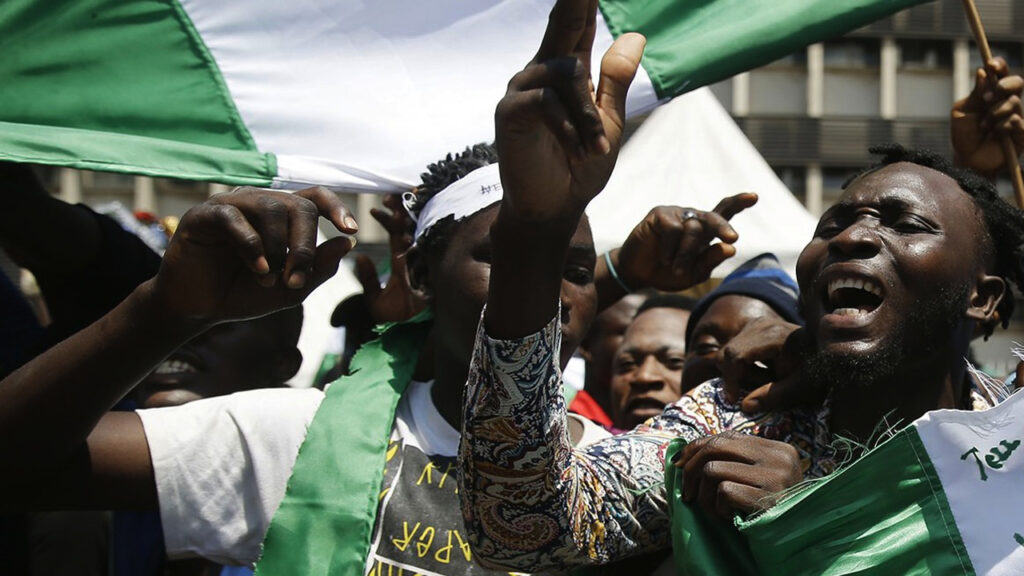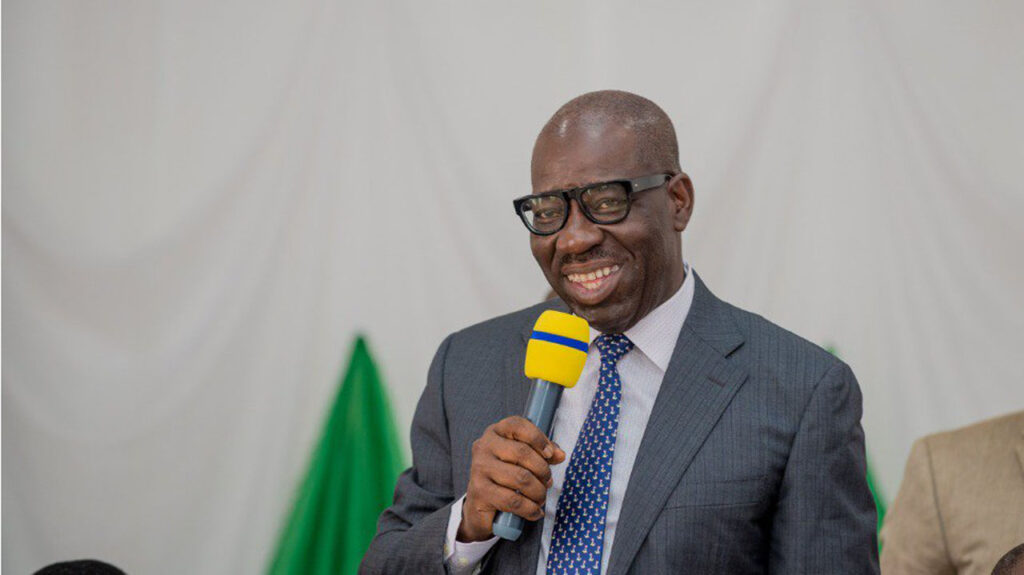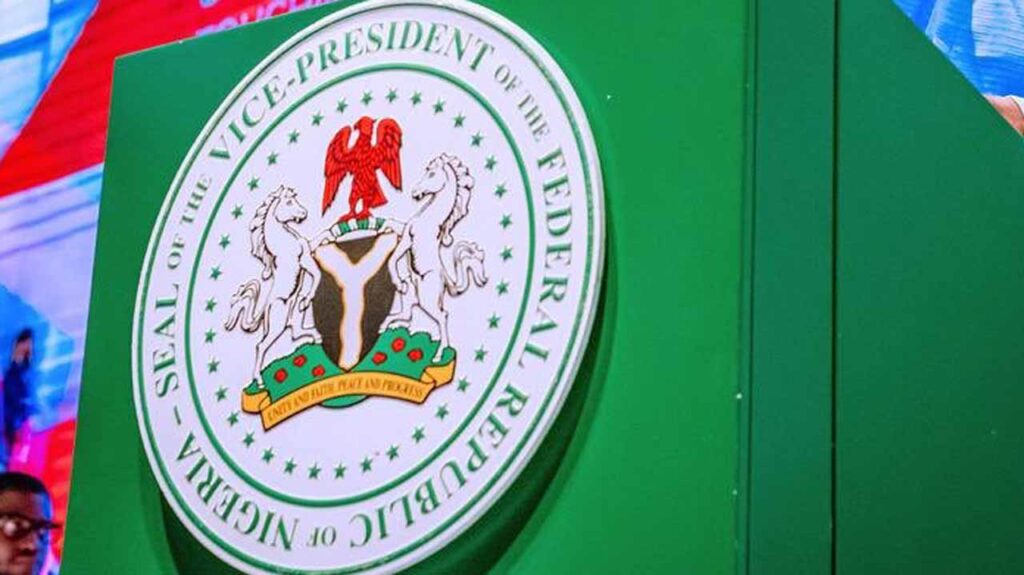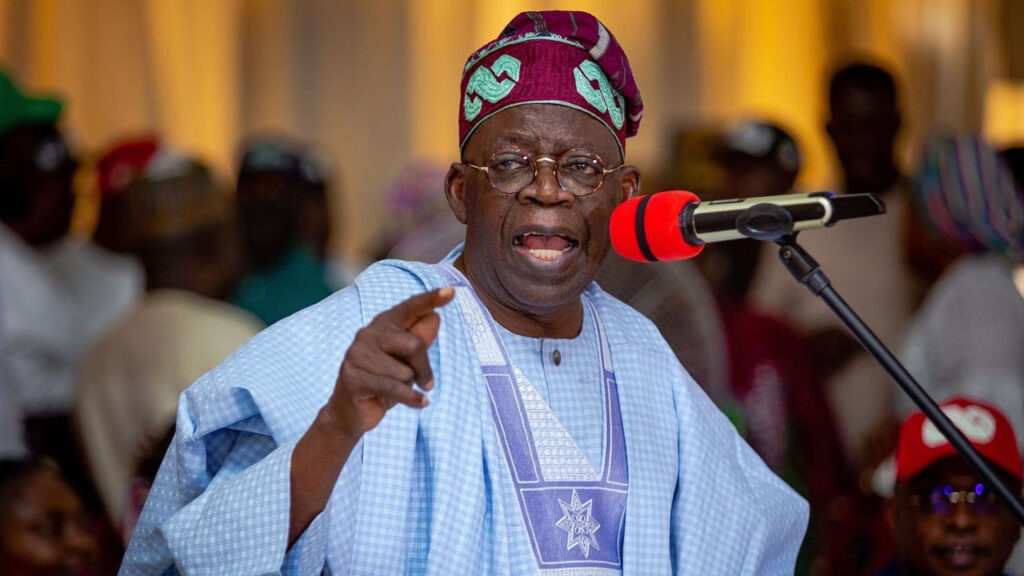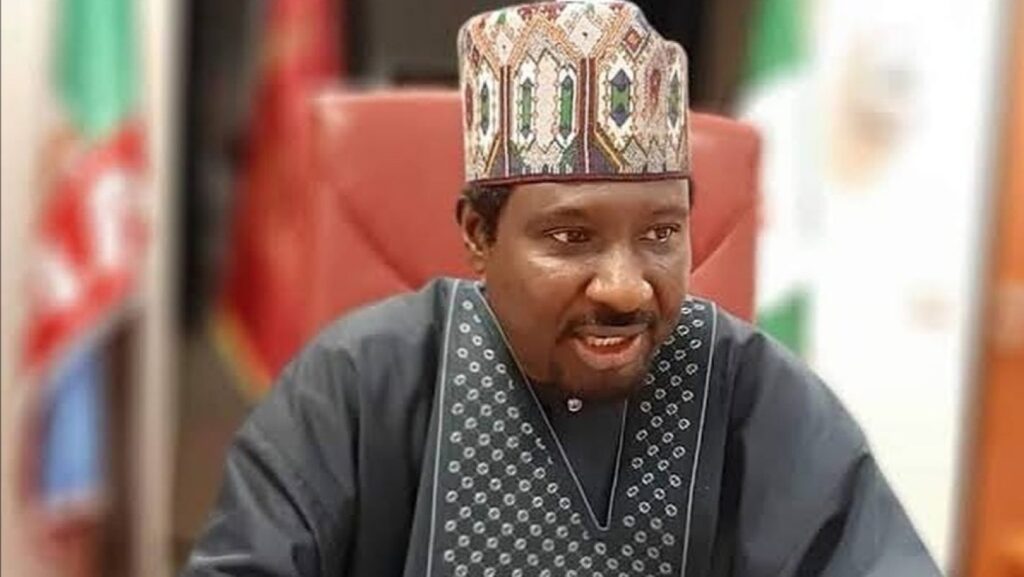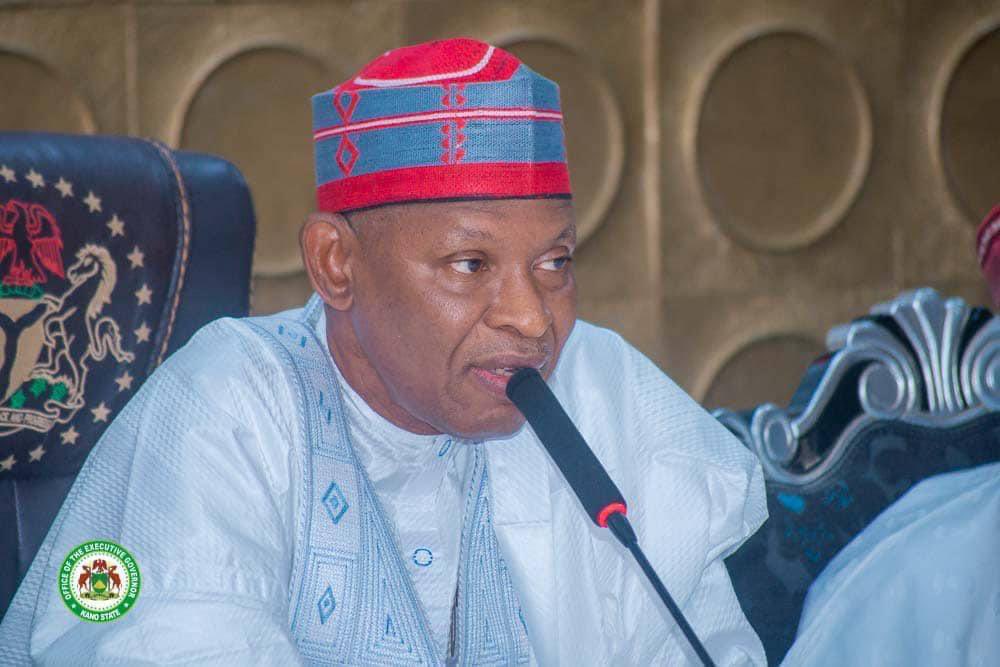
In 2021, after the COVID-19 pandemic, my husband and I engaged in a pet project that required us conducting candid interviews with people on the streets to gain insight into their perceptions of Nigeria, their expectations of government and their sense of ownership of a Nigerian dream. It was an interesting season of my life that afforded me the opportunity to just hear first-hand what everyday Lagos residents were thinking. There was an encounter with a young lady, however, that left an indelible mark on my consciousness.
She said to me, “TBOG, at the tender age of six, I was called ‘the leader of tomorrow’. I just turned 40, yet, the promise of tomorrow still eludes me. When will my tomorrow come?” Her words touched me deeply because it echoed a sentiment shared by many who have long been called the leaders of tomorrow. “When will our collective tomorrow materialise, and what form will it assume?” many youths ask.
For a long time, the youth have been told to wait for their turn to lead the nation. As the years have passed and the vista of tomorrow appears distant, one cannot help but question the accuracy of the ‘waiting period’. Will the youth ever have their turn at power, or will it have to be forcefully grabbed? Are youths even ready to handle the reins of power or are we just too inexperienced to know what to do with it?
Would Nigeria progress as a nation if it had an infusion of youthful energy to invigorate governance structures or would our much-touted inexperience cause us to falter under pressure, make costly mistakes, or succumb to the allure of power without proper accountability? If they had the opportunity, would the current crop of youths be any different from the older generation of leaders they fiercely condemn or would they become the breath of fresh air Nigeria needs? While these are burning questions on the minds of many, I am compelled to take Lagos, once again, as my model.
Lagos State boasts of the most vibrant and dynamic population of young people in the country. Many of Nigeria’s young leaders and change-makers have their roots in Lagos, the likes of Iyinoluwa Aboyeji, Olugbenga Agboola, Folarin Falana (Falz), Debo Adedayo (Mr. Macaroni), Tunde Onakoya, Hilda Baci, Debola William, Chude Jideonwo and Yemi Adamolekun who are all thriving in their various spheres of influence, from technology to arts and entertainment to media to civil society, placing Nigeria in global conversations.
This suggests that the youth have the potential to make a difference if given the opportunity in the political arena. Thankfully, the current Minister of Communications, Innovation and Digital Economy, Dr Bosun Tijani, is a young Nigerian whose inspiring story is traceable to the Centre of Excellence. Moreover, did you know that in Governor Babajide Sanwo-Olu’s cabinet, there are young people in their thirties holding key positions? Some of his Senior Special Assistants were in their twenties when he took office and they have since grown to head agencies within the state, contributing their quota to the decision-making process. For these ones, their tomorrow has come; they have become the leaders of today.
Mr. Governor recognises the untapped potential of youth and is committed to investing in this potential. No wonder the Lagos model is a departure from the longstanding tradition of political leadership dominated by the older generation. The Lagos model is a definite paradigm shift in governance dynamics. This should not be very surprising given that Lagos is a forward-thinking state driven by the themes agenda. Besides, Lagos has historically provided an enabling environment for young people to thrive across various sectors even as the political environment has been characterised by intergenerational integration and continuity of vision.
This is a commendable model that other states must consider adopting. While there are indicators of increased youth participation in several states across the nation, to accurately measure inclusion, a Youth Participation Index that evaluates the gains of the Not-Too-Young-To-Run Act and the involvement of youth in appointive positions would be a valuable additional contribution from civil society groups. While I believe that Lagos State would top such an index, I recognise that there is still much room for progress in the inclusion of young people in public leadership across the nation.
Among public officials, there are two schools of thought on youth involvement in public leadership. On the one hand, there is the belief that incorporating youth in politics and governance would trigger a positive disruption through the introduction of innovative ideas, digital savvy, and a deeper connection with contemporary issues facing the populace. This school of thought holds that the idealism of youth as well as our passion for change offers a promising antidote to stagnant bureaucracies and the entrenched systems that currently impede transformative outputs.
This school of thought further holds the opinion that since many among the present-day older generation of leaders began their leadership journeys as youth, it would be only just for them to yield the floor to the present-day younger generation. On the other hand, there are those who hold sacred the age-old wisdom of experience. The holders of this opinion argue that governance is a complex matter requiring the nuanced understanding and institutional knowledge that can only be found among seasoned politicians and administrators. They believe that youthful idealism could become a pitfall without practical wisdom gained through years of service and leadership.
My thoughts regarding these two positions are very simple. Leadership is a skill that must be forged in the crucible. I do not think that the youths, in themselves, are the panacea to Nigeria’s problems. I do not think power should be given to anyone simply because they are of a particular age bracket. I think the making of the Nigeria of our dreams is the collective responsibility of the old and the young because we need the wisdom of the old and the energy of the youth to make this nation work.
But this is also not an endorsement of the status quo. If we had to choose between the ebullience and innovation of the youth on the one hand and the conventionality and steadfastness of the old on the other, I would likely go for the former.
But what Nigeria needs, beyond creativity and passion, is patriotism and people of character; people who love their nation and can defend it, no matter what happens. These kinds of people are first forged in the home before they are released to the nation. If parents do not rise to take charge of the value and moral components of their children’s growth and development, a pipeline of value-driven youthful leaders would be a pipe dream.
As a youth, I may be castigated for even considering that the older generation should still have a say at the table, but life has shown me that there are unpatriotic and corrupt youth as much as there are nationalistic and reliable older leaders. As a Fellow of The Lateef Jakande Leadership Academy, I have seen and worked with political leaders and bureaucrats who possess professionalism and integrity – value systems that I hardly thought that I would encounter in the public sector and that I never believed even existed among politicians.
Among the old as well as the young, I have seen the propensity for the good as well as the inclination to the not-so-desirable. This has compelled a rethink of the notion of age as the sole determinant of leadership emergence in our nation. While it is my utmost delight to see more young people emerge as leaders in Nigeria, I am concerned that if the production process is not thoroughly curated to produce a generation of leaders who are passionate and patriotic and possess the character and competence required for governance, we would replicate the corruption that currently eats at the soul of our nation, except that this time, it would be with an exuberance that could bring our nation to its knees.
This was why, when the Lateef Jakande Leadership Academy (LJLA) convened its first-ever Lagos Leadership Summit (LLS) held on April 17, 2024, tagged, ‘Leadership and Nigeria’s Future’, expectation surged in my heart that the event would kick-start fresh conversations around the integration of a new generation of trained and tested leaders. I was not disappointed. As the Commissioner for Innovation, Science and Technology, Olatubosun Alake, pointed out at the event, there are older leaders devoid of patriotism, just as there are callous youths hungry for power.
The goal, in my opinion, is an integrated approach where the wisdom of age converges with the dynamism of youth. Mentorship programmes, intergenerational dialogues, knowledge exchange opportunities and leadership training initiatives, all of which the LJLA and LLS embody, can bridge this gap. By harnessing the complementary strengths of diverse generations, Lagos is already cultivating a leadership ecosystem that is resilient, adaptable, and responsive to the needs of its diverse populace. No wonder we boldly say: This is Lagos, the Centre of Excellence, the Nigerian model for city transformation and the reference point for all other states.
Omoakhalen is a Fellow, Lateef Jakande Leadership Academy.

